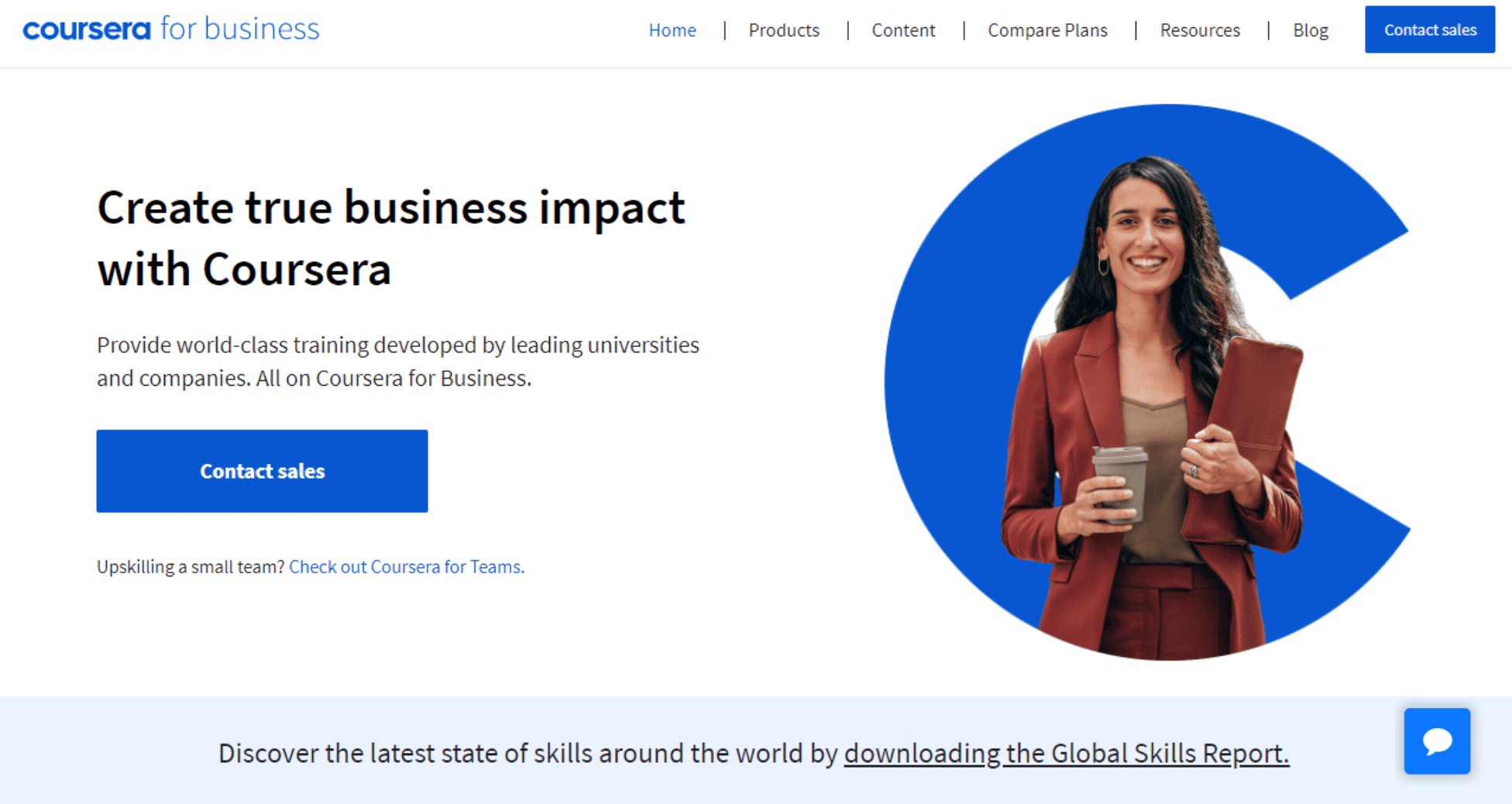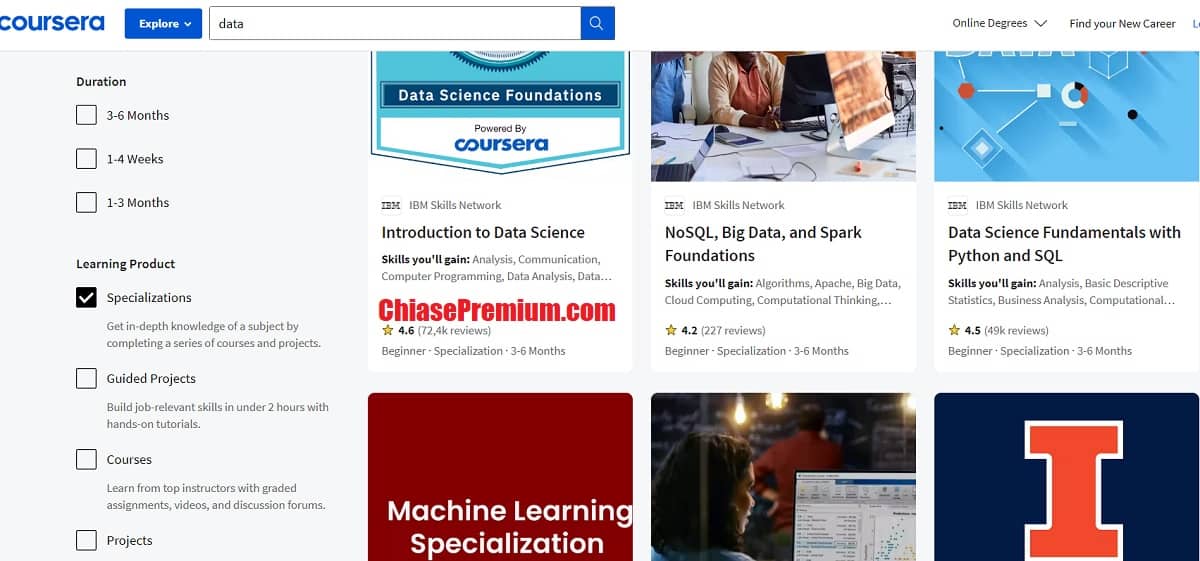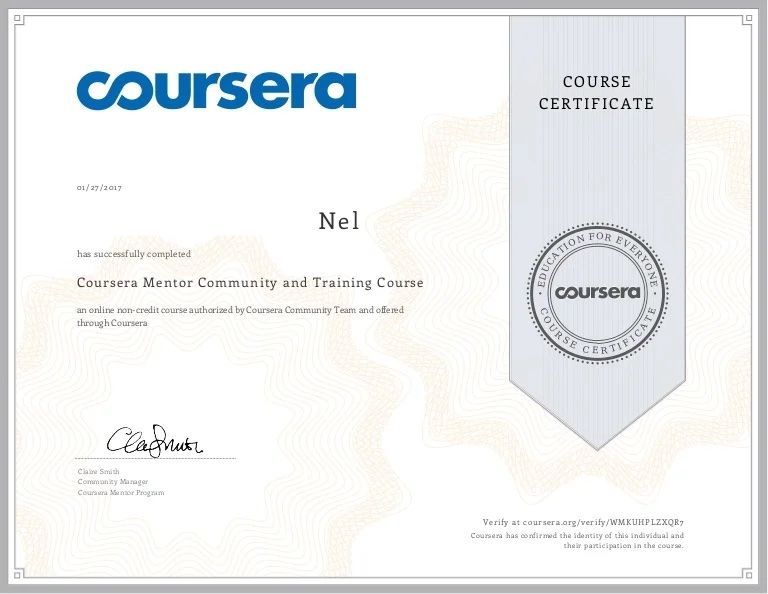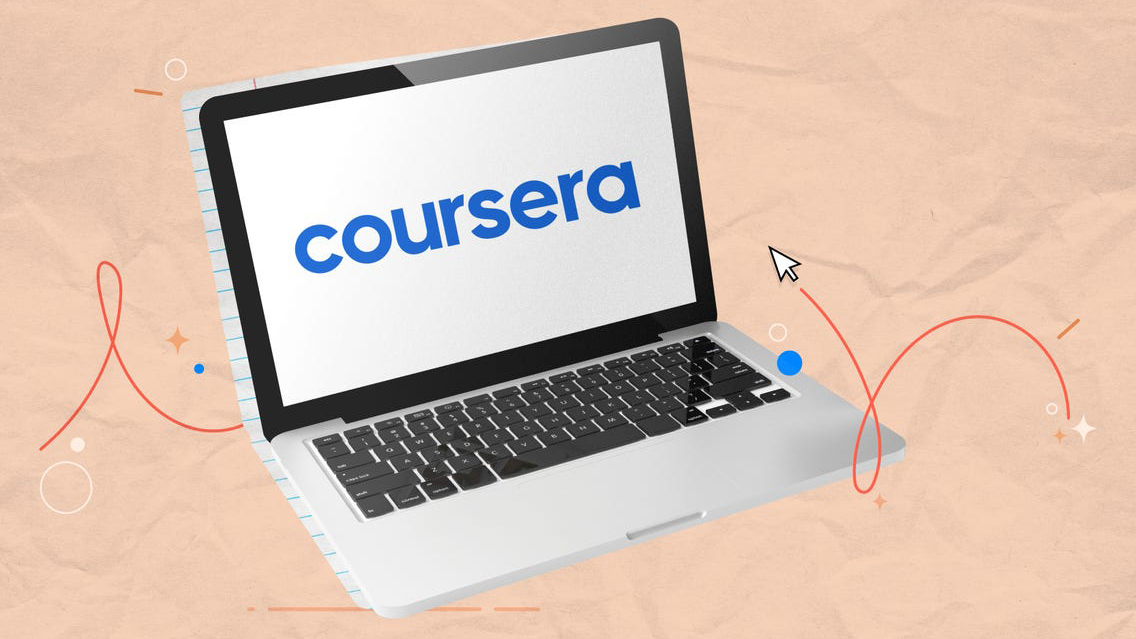Courserab2c: An Objective Evaluation of E-Commerce Courses and Certifications
In today’s rapidly evolving digital economy, e-commerce has become an essential skill for entrepreneurs and business professionals alike. However, the number of online courses and certifications in e-commerce can seem overwhelming. How do you determine which ones are high-quality, comprehensive, and recognized by industry leaders? As an independent education and skills evaluator, Courserab2c conducts rigorous, data-driven analyzes of online learning programs to help you find the right courses and credentials to advance your career.
In this article, Courserab2c provides an objective evaluation of six popular e-commerce courses and certifications available today. We assessed each program based on criteria such as content quality, instructor expertise, hands-on projects, and industry recognition. Our goal is to give you an unbiased perspective on the pros and cons of each offering so you can determine which is the best fit for your needs and budget. With many options to choose from, let our research guide you to make an informed choice for your e-commerce education.
CLICK HERE TO EXPERIENCE THE COURSE WITH COURSERAB2C>>>
Introduction to Courserab2c
Introduction to Courserab2c
Courserab2c is an online learning platform that offers courses and certifications in e-commerce and digital marketing. Courserab2c provides structured programs taught by industry experts to help you gain practical skills to advance your career.
Courserab2c offers courses and Specializations in several e-commerce topic areas, including:
- Digital Marketing
- Social Media Marketing
- Search Engine Optimization (SEO)
- Email Marketing
- Content Marketing
- Mobile Marketing
- Affiliate Marketing
Courserab2c courses are available as individual courses or bundled into Specializations that provide a deep dive into a specific e-commerce skill or topic. The courses and Specializations on Courserab2c provide a mix of video lectures, interactive exercises and quizzes, required and optional readings, and community discussion forums.
The courses on Courserab2c are designed to be flexible, with both self-paced and instructor-led options. The self-paced courses allow you to start and complete the course on your own schedule. The instructor-led courses provide a more structured experience with set start and end dates and weekly deadlines for assignments. Both options provide access to the full course content and community forums.
Upon successful completion of a course or Specialization, you will receive a shareable electronic Course Certificate or Specialization Certificate to showcase your new skills. The certificates can be added to your LinkedIn profile and resume to demonstrate your e-commerce and digital marketing proficiency to employers and clients.
With high-quality content, industry-recognized instructors, and a flexible learning experience, Courserab2c is an ideal platform for developing in-demand e-commerce and digital marketing skills. The courses and certifications offered provide an objective, third-party validation of your knowledge that can help you advance your career.
CLICK HERE TO EXPERIENCE THE COURSE WITH COURSERAB2C>>>
Overview of E-Commerce Courses Offered
2. Overview of E-Commerce Courses Offered
When evaluating e-commerce courses and certifications, it’s important to understand the options available. Several major course providers offer programs in e-commerce, digital marketing, and related fields.
Coursera, a leading online course platform, offers a Specialization in E-Commerce called ‘Digital Marketing and E-Commerce’. The specialization includes courses covering social media marketing, search engine optimization (SEO), digital analytics, conversion optimization, and more. Upon completion, you receive a Coursera certificate. Coursera also partners with companies like Google and Facebook to offer courses and certifications in their tools and platforms.
Udacity, another top course provider, offers a ‘Digital Marketing Nanodegree’ program. The curriculum includes courses in content marketing, SEO, social media advertising, email marketing, and growth hacking. Graduates earn a Udacity Nanodegree credential. Both Coursera’s and Udacity’s programs take 3-6 months of part-time study to complete.
For more advanced e-commerce education, some schools offer master’s degrees in digital marketing, e-commerce, and related fields. Top programs include Master of Science degrees in Digital Marketing, Integrated Marketing Communications, and Business Analytics. An MS typically takes 1-2 years of full-time study to earn.
In summary, there are courses and credentials available for all levels of e-commerce education. The options range from short online courses and specializations that take a few months part-time, up to master’s degrees which require 1-2 years of full-time study. The program that is right for you depends on your current experience and career goals in the e-commerce field. With the rapid growth of e-commerce, digital marketing skills and expertise have never been more important or in-demand. Continuous learning in this area is highly valuable.
CLICK HERE TO EXPERIENCE THE COURSE WITH COURSERAB2C>>>
Certification Programs in E-Commerce
Certification Programs in E-Commerce
Several well-known certification programs focus on e-commerce and can help boost your knowledge and credibility in this field. Two of the most recognized are offered by Shopify and BigCommerce, major e-commerce platform providers.
Shopify offers the Shopify Certified Partner Program. To earn certification, you must complete the Shopify Fundamentals course and exam. This covers core concepts like store setup, design, marketing, and app ecosystem. Certified Partners receive access to the Partner Dashboard with resources to help build their Shopify expertise and business. They can also be featured in the Shopify Experts Marketplace to gain new clients.
BigCommerce provides the BigCommerce University with training and certification in areas like store design, development, and marketing. Their Certified Associate Program includes coursework and an exam on platform functionality, features, and best practices. Certified Associates are listed in the BigCommerce Partner Directory and Agency Partner Program to connect with merchants seeking expert help.
Other programs focus on broader e-commerce skills. For example, Ecommpay’s Certified E-commerce Expert program covers payment processing, fraud prevention, global markets, and more. To earn certification, you complete their E-commerce Specialist course and pass an exam. Certified E-commerce Experts can join their partner network to provide payment and e-commerce services to clients.
Some well-known business schools also offer e-commerce certifications, such as the E-commerce Specialization from the University of Virginia on Coursera. This specialization includes courses in e-commerce platforms, marketing, analytics, and strategic management. Learners earn a certificate for completing all courses in the specialization. While less hands-on than platform-specific programs, these certifications demonstrate a solid understanding of e-commerce at an executive level.
In summary, e-commerce certifications can build your knowledge, enhance your credibility, and open up partnership opportunities. The program you choose depends on your current skills and areas of interest. With continuous learning, any certification is a step towards becoming an e-commerce expert.
CLICK HERE TO EXPERIENCE THE COURSE WITH COURSERAB2C>>>
Instructor Qualifications and Expertise
Instructor Qualifications and Expertise
When evaluating an e-commerce course, the qualifications and expertise of the instructors are crucial factors to consider. Look for instructors with the following credentials:
- Relevant degrees or certifications in areas like business, marketing, web development, and e-commerce. For example, an MBA, a certificate in digital marketing, or a web development bootcamp.
- Practical experience launching and running successful e-commerce businesses. Instructors with real-world experience will be better able to provide actionable insights and advice. They should have case studies or examples of e-commerce businesses they have built.
- A proven track record of teaching or training. Experienced instructors will have a better grasp of effective teaching techniques and how to convey information in an engaging manner. Look for recommendations or reviews from former students.
- Up-to-date knowledge of e-commerce trends, strategies, and best practices. E-commerce is an quickly evolving field, so instructors need to stay on the cutting edge of new developments. They should frequently update course content to reflect the latest tools, platforms, marketing techniques, and industry standards.
- A teaching style and course content that matches your needs and learning preferences. For example, if you prefer lots of hands-on activities and interaction, look for instructors that emphasize practical application and opportunities for active participation. If you prefer a higher-level theoretical approach, look for instructors focused on strategy and analysis.
Evaluating the qualifications and expertise of instructors, in addition to factors like course content, platform, cost, and reviews, will help ensure you choose an e-commerce course that provides effective, actionable training. With knowledgeable instructors and up-to-date, comprehensive content, you will gain the skills and knowledge needed to build a successful online business.
Cost Analysis of Courserab2c Programs
Cost Analysis of Courserab2c Programs
When determining which Courserab2c e-commerce program is right for you, evaluating the costs and benefits of each offering is essential. Courserab2c provides courses and Specializations at a range of price points to suit different needs and budgets.
Courserab2c’s courses are available for free to audit, allowing you to access video lectures and certain assignments at no cost. However, if you wish to earn a Course Certificate or participate fully, courses cost between $49 to $99. The exact price depends on the subject matter, length, and level of the course. Specializations, which are series of courses focused on a specific topic, range from $39 to $99 per month.
For those seeking an accredited certification, Courserab2c offers a Professional Certificate in e-commerce for $99 per month. This program provides a more comprehensive curriculum over 3 to 6 months. Participants can earn a certificate from Courserab2c to validate their skills.
Compared to other e-learning platforms and college programs, Courserab2c’s offerings are very affordable. The courses and Specializations in particular provide an inexpensive way to gain valuable knowledge and skills. The monthly subscription model also makes the programs accessible. However, the lower costs mean courses and Specializations do not provide as much depth or rigor as a full professional certification or college degree. The credentials earned may also not carry as much weight with employers.
When determining if Courserab2c’s programs fit your needs and budget, consider your own goals and the time and money you can invest. The courses and Specializations are ideal for gaining an introduction to e-commerce or learning specific skills. The Professional Certificate provides more comprehensive training and a credential for those seeking to start or advance their career. Any of these options can be a cost-effective step towards building expertise in e-commerce.
In summary, Courserab2c gives you the freedom to choose the right level of e-commerce education for your own priorities and financial situation. With a range of high-quality yet affordable offerings, you can invest in your learning and career at a pace that suits you.
CLICK HERE TO EXPERIENCE THE COURSE WITH COURSERAB2C>>>
Career Outcomes and Job Placement Assistance
Upon completion of a course or certification in e-commerce through Coursera, several career outcomes and job placement opportunities may become available to you. The skills and knowledge you gain can prepare you for roles such as:
- E-commerce Manager: Oversees the operations and sales of a company’s e-commerce website. Develops and implements e-commerce strategies to drive traffic and boost online sales. Typically requires a bachelor’s degree and 2-5 years of related experience. According to Glassdoor, the average e-commerce manager in the U.S. earns $95,755 per year.
- Digital Marketing Specialist: Helps promote a company and its products through digital channels like social media, search engines, and the company’s website. May require a bachelor’s degree in marketing, communications or a related field. The average salary for a digital marketing specialist in the U.S. is $66,002 per year according to Glassdoor.
- Web Analyst: Analyzes traffic and user behavior on websites to help companies optimize the user experience and increase online conversions and sales. Usually needs a bachelor’s degree in marketing, computer science or statistics. The average web analyst salary in the U.S. is $73,030 per year according to Glassdoor.
To help students and graduates find career opportunities, Coursera partners with many top companies to source job openings and internships in e-commerce and digital marketing. Some of Coursera’s hiring partners include Walmart, Home Depot, eBay, and Anthropic. Students have access to these jobs and can apply directly through the Coursera website.
Coursera also provides career coaching and advising to help students with resume reviews, mock interviews, and job search strategies. Mentors can provide guidance on which courses and certifications are most relevant for your career goals. Although Coursera does not directly place students in jobs after completing their courses, the skills and knowledge you gain, combined with their career services, can help prepare you for roles in e-commerce and put you on the path to career success.
CLICK HERE TO EXPERIENCE THE COURSE WITH COURSERAB2C>>>
Student Reviews and Testimonials
Student Reviews and Testimonials
According to reviews and testimonials from former students, the quality of Courserab2c’s e-commerce courses and certifications seems to vary. Some students find the content comprehensive, practical, and directly applicable to their jobs, while others note inconsistencies in course quality and possible gaps in certain subject areas.
Overall, students appreciate Courserab2c’s affordable pricing, flexible learning options, and the ability to earn an industry-recognized certification. The courses cover foundational e-commerce topics like digital marketing, web design, payment processing, and customer service. Students can choose video lectures, readings, assignments, and hands-on projects based on their learning preferences. Certification exams validate students’ knowledge and skills, which many see as helpful for career advancement.
However, a few students report that some courses lack depth or seem disorganized at times. The quality may depend on the individual instructor, as Courserab2c employs both subject matter experts and more general online course facilitators. A small number of students struggle with technical issues on Courserab2c’s platform or find the certification exams poorly designed. Customer service experiences also vary, with some students praising the quick, helpful responses from support staff while others note extended wait times or unresolved issues.
For professionals looking to build or strengthen their e-commerce expertise, Courserab2c’s programs can be a convenient, affordable option, especially if earning an industry certification is a priority. However, as with any online learning provider, students may need to supplement Courserab2c’s courses in some areas or be prepared to navigate occasional challenges. Comparing course outlines and instructor qualifications, as well as reading recent student reviews, can help determine if Courserab2c’s e-commerce curriculum meets your needs. With realistic expectations about the platform’s capabilities, Courserab2c’s courses may prove useful for developing in-demand digital commerce skills.
CLICK HERE TO EXPERIENCE THE COURSE WITH COURSERAB2C>>>
FAQ: Answering Common Questions About Courserab2c
Courserab2c offers several e-commerce courses and certifications to help you gain valuable skills for a career in digital commerce. However, with many options available, it can be difficult to determine which courses are most suitable and reputable. This section answers some of the most frequently asked questions about Courserab2c’s e-commerce curriculum to help you make an informed decision.
What courses and certifications does Courserab2c offer for e-commerce?
Courserab2c provides a range of courses and specializations focused on various e-commerce topics, including:
- E-Commerce Strategy – Learn how to develop an e-commerce strategy, analyze the competitive landscape, and optimize a digital commerce business.
- Web Design for E-Commerce – Gain skills to design an e-commerce website, including layout, user experience design, and optimizing for conversion.
- Digital Marketing – Study strategies and techniques for e-commerce marketing, including SEO, social media marketing, and email marketing.
- E-Commerce Analytics – Understand how to analyze e-commerce data to optimize a digital commerce business. Topics include Google Analytics, customer segmentation, and conversion rate optimization.
Courserab2c also offers Specializations that provide a guided learning experience and culminate in a hands-on project. Two recommended Specializations for e-commerce are the E-Commerce Marketing Specialization and Web Design Specialization.
How are the courses and certifications structured?
Most courses consist of 4 to 6 weeks of video lectures, readings, quizzes, and a final project. Specializations include multiple courses and a capstone project. Certificates of completion are available for courses and Specializations. Some Specializations also offer a professional certificate for a small fee.
Who teaches the courses and what are their qualifications?
Courses are taught by industry experts and professors from top universities worldwide. Instructors have extensive experience in e-commerce, web design, digital marketing, and related fields. Learners can view each instructor’s bio and credentials to determine if their background and qualifications meet your needs.
What skills and topics do the courses cover?
Courserab2c’s e-commerce curriculum provides a comprehensive education in digital commerce. Topics covered include: e-commerce platforms and tools, web design, SEO, social media marketing, email marketing, Google Analytics, customer segmentation, user experience design, and more. By completing courses and certifications, you can gain valuable skills to start or advance your career in e-commerce.
CLICK HERE TO EXPERIENCE THE COURSE WITH COURSERAB2C>>>
Conclusion
In conclusion, choosing an e-commerce course or certification program requires careful thought about your goals and needs. Coursera offers a range of options at different price points, allowing you to invest in your education incrementally. Their courses provide a flexible, convenient way to build knowledge and skills that can open up new career opportunities or advance you in your current role. While Coursera is a reputable platform used by top universities and companies, do your own research to determine what is the best fit for your situation. Continuously learning and improving your craft is how you achieve mastery and open up new possibilities. With hard work and persistence, you have the power to shape your own destiny through education. The future of e-commerce is bright, so invest in yourself today to reap the rewards of this growing field.
CLICK HERE TO EXPERIENCE THE COURSE WITH COURSERAB2C>>>









